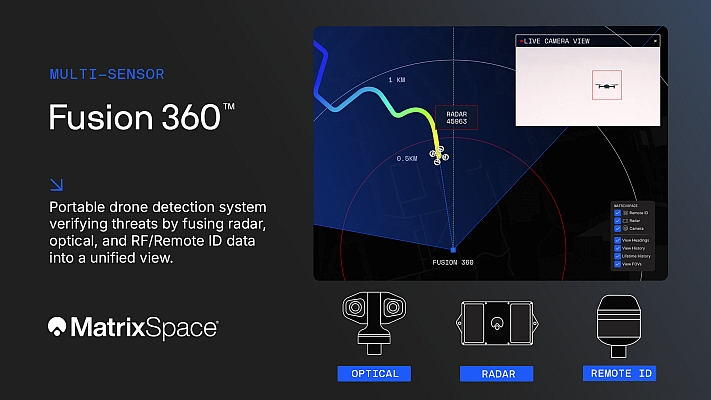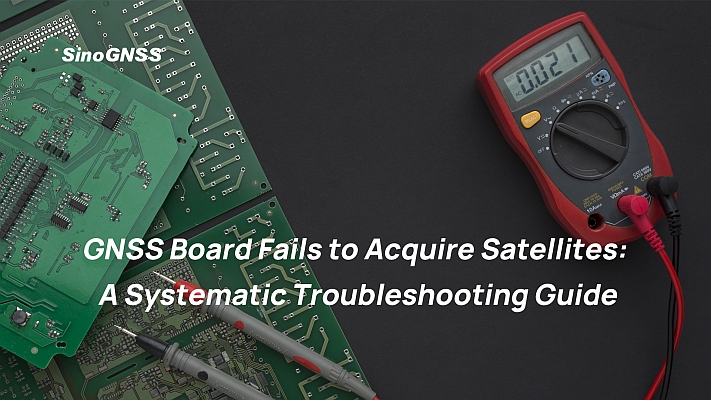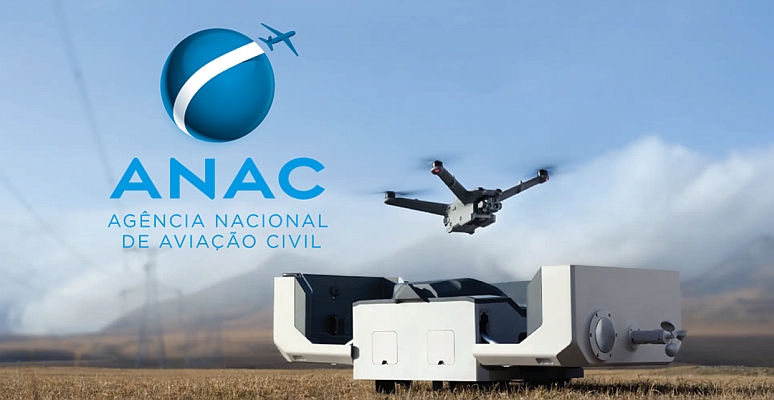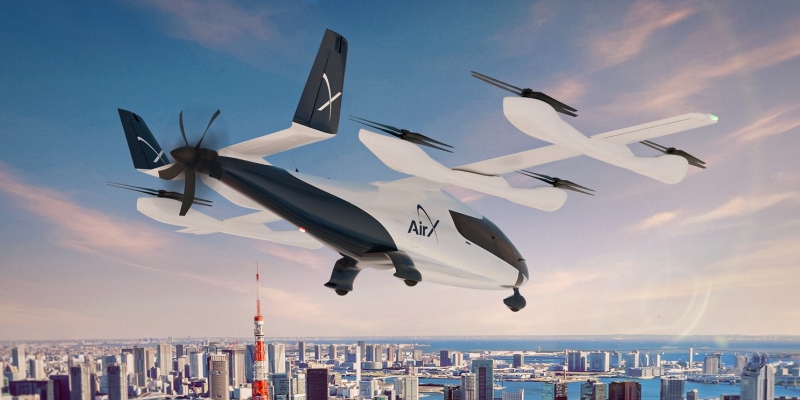The European GNSS Supervisory Authority (GSA) awarded a Special Topic Prize at the European Satellite Navigation Competition to a proposed system to rescue people who are lost overboard at sea.
The GSA awarded the prize to UK entrepreneurs Peter Hall and Christine Edwards for their proposal to develop a commercial ‘Person Overboard’ (POB) rescue system that uses European Geostationary Navigation Overlay Service (EGNOS). Their proposal also won the Galileo Masters prize, the top award at the competition, and the United Kingdom/Ireland regional prize.
The two entrepreneurs have formed a company, Sci-Tech Systems, to develop the concept and bring it to the market. The GSA award provides them with the opportunity to develop their concept at an incubation centre of their choice for up to 12 months. The two have chosen the Hertfordshire Business Incubation Centre, in Hertfordshire, UK.
Improving Safety at Sea
Hall and Edwards propose to develop a personal device that attaches to a crew member’s clothing or safety jacket, along with a signal detection unit linked into a vessel’s satellite navigation system.
If a crew member falls overboard, immersion in water will trigger the personal device, which will send out a radio signal containing real-time information about the POB’s position. The ship unit will then detect that signal using the vessel’s existing VHF radio, or internal receiver, and send out an audible and visual alarm to the crew. Using the signal in conjunction with a vessel’s on board navigation system, the crew will be able to track and rescue the POB.
The POB system can be incorporated into a vessel’s already existing equipment, making it affordable for everyone, including small boat owners. Hall estimates that the Sci-Tech Systems device will cost about €165, while a signal receiving unit on the vessel will cost about €250.
The Sci-Tech system could be used to increase the safety of those involved in all types of water sports, including close to shore activities such as kite-surfing and sailing lessons. The product could also be adapted for risky land-based group activities such as off-trail skiing and mountain climbing.
The European Satellite Navigation Competition
The European Satellite Navigation Competition (ESNC) is an annual international competition that awards the best ideas for innovative applications in the field of satellite navigation.
The goal of the ESNC is to continue to strengthen the international collaboration of these regions, particularly with regard to the development of applications and services made possible by the European satellite navigation systems Galileo and EGNOS.
The Competition, which received a record number of entries in 2008, is carried out under the patronage of the Bavarian State Ministry for Economic Affairs, Infrastructure, Transport, and Technology with the support of the German Aerospace Center (DLR).
For more information, please visit www.gsa.europa.eu and www.galileo-masters.eu






